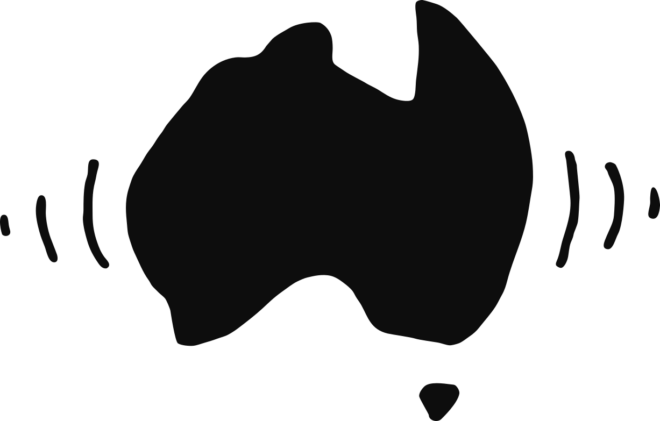Here are three pitches for stories that made it onto All The Best.
What makes them good? They all identify some conflict, the characters involved, and some questions the story will try to address.
Pitch #1:
I’d like to pitch an audio story about the new reality experienced when someone is diagnosed as HIV-positive, an event which many people describe as an instant transition into a life of social stigma.
The story would be based on interviews with Jan Waddell, an activist and former healthcare worker who contracted the virus at 54 through a needle stick injury while treating an HIV-positive patient. During a subsequent hospital visit in Perth, Waddell was stigmatised against for the first time when a nurse refused to treat her.
Waddell had been caring for people living with HIV since the 1980s and had frequently witnessed discrimination, but experiencing it first hand profoundly changed her. She became passionate about anti-stigma campaigning and joined the Positive Speakers, a global network of HIV-positive educators who are trained to give public talks that combat stigma and dispel myths about how the virus is spread.
The story would be structured around three distinct phases in Waddell’s life. Firstly, observing rather than experiencing stigma when she was HIV negative, secondly, the initial shock of being diagnosed and stigmatised against, and finally, coming to terms with the ‘new normal’ of her HIV status through anti-stigma advocacy work.
I have interviewed Waddell in the past for a text-based story and, as a trained public speaker, she describes her experiences eloquently. I would also use my own narration to bridge interview snippets with her and provide more context about the issue. I could also use the audio from panic-mongering HIV campaigns to help portray the amount of fear and stigma surrounding AIDS when Waddell was treating patients in the early days of the virus.
Pitch #2:
What happens when a science journalist becomes the story, and how do you reconcile/balance your personal experiences with the very subject you are reporting on?
Bianca Nogrady has been a science journalist for over a decade and is based at the Blue Mountains. Bushfires are a constant feature in her life. She has a bushfire evacuation plan and when her house was being built, she made sure it was built with materials to make sure it was as fireproof as possible. Bianca has frequently written about environmental research – and the bushfire season in Australia is no exception.
However during the 2019-2020 bushfire season came especially close, and her professional and personal life collided in a very dramatic way.
The bushfire came literally into her backyard. In a picture she posted online, there was a blackened ring to where the fire ended in the forest to the dusty green of her backyard.
Inadvertently she became a reporter at the frontlines, whilst evacuating her family. Even as someone familiar with the media cycle, as international attention focused on the bushfires – her own personal story became very public when she was interviewed on US TV.
The 15 minute segment will interview Bianca and recount her experiences during the bushfire season, and her struggle emotionally to balance her personal experiences, and to reconcile with it, with the ethics of journalism when writing about something so personal to her.
Pitch #3:
On July 30th, parents at Footscray Primary School received a letter that the schools’ Vietnamese bilingual program, which is also the only Vietnamese bilingual program in Victoria, will be replaced by Italian program. This has stimulated outrage among the community, as parents started a petition against the change: https://www.change.org/p/minister-save-the-vietnamese-bilingual-program-at-footscray-primary-school
I would like to document the parents’ fight for the program for All The Best. I want to talk to the parents about why they fight for the program, why they think it’s so important for kids to have chances learning the language. My angle for this will be close to “a fight of parents for the next generation”. I have contacted their Facebook Page for the campaign for interviews. I will also contact the school for comments. As I notice the campaign also tried to reach out to Victoria’s Education department, I will also reach out to them for comments.
—
